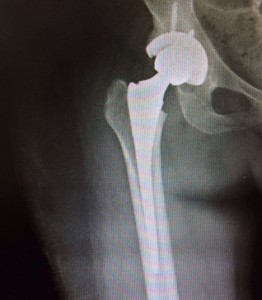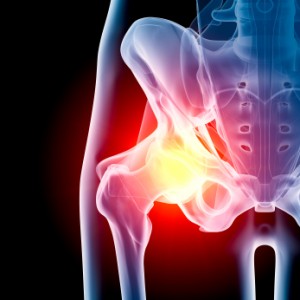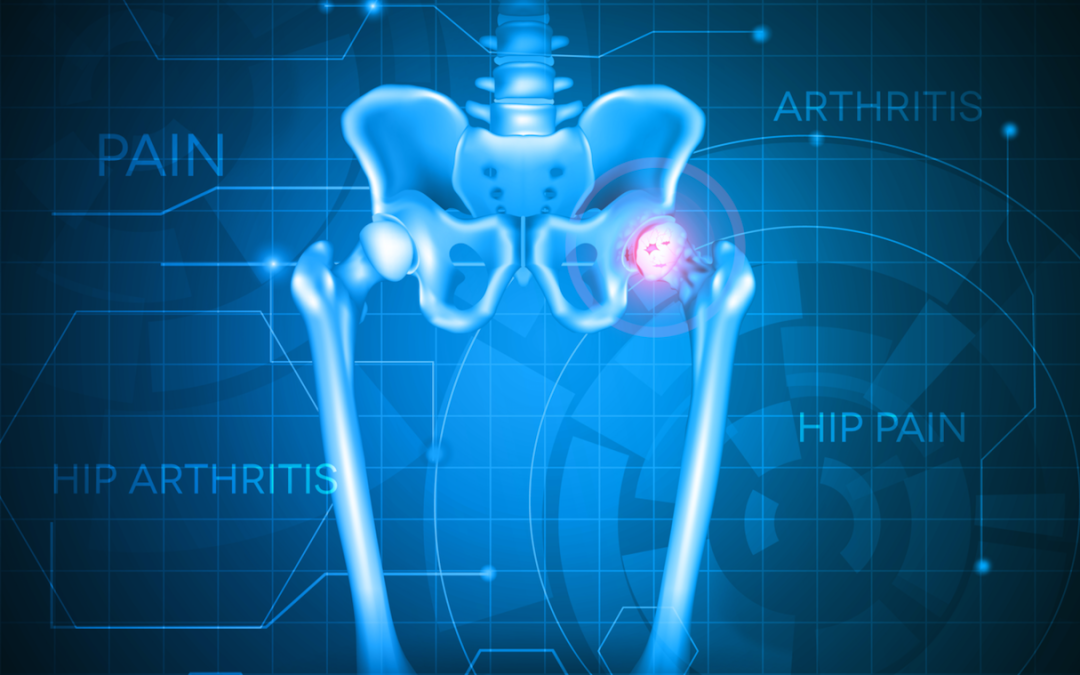Joint Replacement Surgeon in Viman Nagar
Dr. Sinukumar Bhaskaran is a Joint Replacement Surgeon in Viman Nagar, Pune who has introduced and practices cutting edge technologies in Hip And Knee Replacement Surgery.
He has been instrumental in pioneering infection prevention protocols and thromboembolism prevention in Joint Replacement Surgeon in Pune (watch this video). Besides introducing these protocols in his own practice he also regularly holds seminars to disseminate knowledge pertaining to these protocols among his fellow surgeons.
Considered as one of the best orthopedic doctors in Pune. Dr. Bhaskaran endorses and thoroughly advocates innovative techniques and modern technology in Joint Replacement. He firmly believes that such technological advances merit introduction and adoption so that our patients derive the maximum benefit. He has worked extensively with newer concepts like the I- assist Knee( the next generation of computerized or navigated knee replacement), the personalized knee design & gender-specific knee.
MBBS, D.Orth., DNB orth Fellowship – Hip & Knee replacement & Reconstructive surgery ( Endoklinik – Hamburg)
Services
Latest Interview
FAQ'S
Hip replacement involves replacing the painful, damaged parts of the hip with artificial parts or implants. A hip replacement has three parts: socket (outer shell and inner liner), ball, and stem. These parts imitate the action of your original joint.
Healing times depend largely on the patient’s overall health, body type and lifestyle. With proper care, rest and therapy, patients heal sufficiently to return to most activities of daily living within several weeks of their procedure. The duration of hospitalization ranges from two days for a shoulder replacement to three to five days following a knee or hip replacement.
The primary goals of joint replacement surgery are to restore mobility and to relieve pain. Good evidence-based medicine data reveals that a typical total hip or knee replacement lasts at least 20 years in about 80 percent of patients, which lets patients enjoy their favorite activities without pain. Joint replacement care at Sibley is a truly comprehensive experience; it encompasses the entire process from evaluation through rehabilitation. Care at Sibley includes diagnostic imaging, patient education, surgery and both inpatient and outpatient physical therapy. Sibley also has a skilled nursing facility, The Renaissance, for inpatient rehabilitation, which can be used to assure that any postsurgery issues are completely addressed.
Flex-ion is the action of bending a joint, such as your knee or elbow. The opposite motion is extension, which is the act of straightening a joint, such as the knee when you are standing.
Your need and desire for high flexion may be dictated by your favourite activities or cultural background. Many daily activities require the ability to bend the knee beyond 125 degrees. Climbing stairs, for example, requires a range of motion from 75 to 140 degrees while sitting in a chair and standing up again requires a 90-to-130-degree range of motion. Other activities, like gardening, playing golf, or kneeling for prayer involve motions that require up to 130 to 150 degrees of flex-ion to perform.
Getting a full range of motion, strength and flexibility back after surgery usually takes time. That’s where pre-operative exercise and education and post-operative physical therapy programs come in to ensure you’re physically and emotionally prepared for surgery, and to maximize your recovery after surgery.
Knee replacement surgery is recommended when the cartilage layer in your knee has completely worn off. This usually manifest as pain while walking and development of deformities in the knee. The Orthopedician will get x-rays of your knee joint done to conform the diagnosis.
Although performed commonly now, Knee replacement surgery needs to be done by a specialist joint replacement surgeon at specialized hospital. Choosing your hospital and surgeon correctly is of vital importance for a successful surgery. Even though your surgeon will cross check and investigate you for any other issues like throat, ear and urinary tract infections, it is important to bring any such infection to attention. It is also imperative to mention any other long term illness and medical history to your surgeon before the surgery. You need to plan to take a break of at least three weeks from your regular activities. It is better to request that a relative be present or arrange for an attendant for the first two weeks after the surgery. Hospital with specialized or a separate joint replacement OT should be proffered. Overall cleanliness of the hospital will give you a rough idea about the hygiene and anti-infection protocols being practiced in the hospital
OUR TESTIMONIALS
At the age of 41. the last thing Harish Khude expected to suffer from was pain in the hip that hampered his movements. He feared being bedridden and consulted Dr Sinukumar bhaskaran. senior Orthopedic Consultant and Joint Replacement Surgeon, Columbia Asia Hospital, Kharadi, Pune. Dr Sinu gave me the confidence to opt for hip surgery. explaining to me the whole process and dispelling my doubts,” says Khude, recalling those moments spent in pain. Post hip replacement surgery a few months ago, he is as agile as a thirty year old.”I have satrted going to work routinely and have a positive attitude after surgery. I am relieved from the pain and i have no side effects till now. I have visited many hospitals in Pune for various purposes but found Columbia Asia to be the best one especially under the able hands of Dr Sinu,”he says, with relief written across his face.
Rekha Deshmukh, at 69 years could not lift her feet. this made it difficult for her to even move around without help.”When we consulted doctors at Columbia Asia Hospital, they advised knee replacement surgery,” Rekha reveals. “Though I belong to a family of surgeons. I was tense at the thought of going under the knife,” she says. But, the orthopedic team explained the treatment modality to her and how she would be able to walk on her own without anybody’s help. The very thought that I will be the independent. once again convinced me to undergo knee replacement surgery on both knees at the same time. This way, both knees could recover simultaneously and the cost was less. Now post-surgery, along with routine physiotherapy which I plan to continue even later. I can do all my housework and am cheerful too,” she says.




